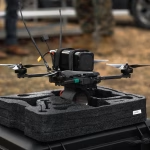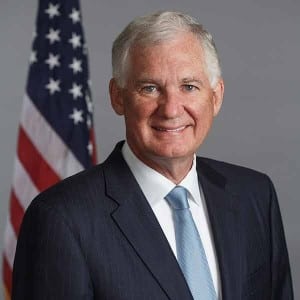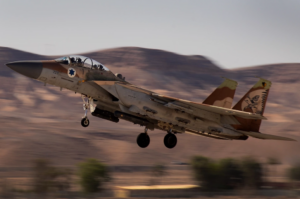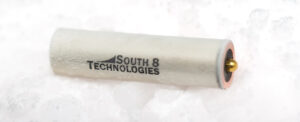The lead Republican on a House panel preparing to craft its version of the defense budget voiced concern recently about the Pentagon's proposed changes to the Joint Cargo Aircraft (JCA) program, yet predicted few changes to the administration's revamped Future Combat System (FCS) plan. Rep. Roscoe Bartlett (R-Md.), the House Armed Services Air and Land Forces subcommittee's ranking member, said yesterday afternoon he and subcommittee Chairman Neil Abercrombie (D-Hawaii) still had to discuss some changes they will seek to the…
Contract Updates
Hartech Group LLC (New Port Richey, Florida) – $10,153,033
Hartech Group LLC, New Port Richey, Florida, has been awarded a maximum $10,153,033 firm-fixed-price contract for three high precision jig grinders with Fanuc controllers. This was a sole-source acquisition using justification 10 U.S. Code 3204 (c)(1), as stated in Federal…
Lockheed Martin Space (Sunnyvale, California) – $142,621,543
Lockheed Martin Space, Sunnyvale, California, is being awarded a $142,621,543 noncompetitive, cost-plus-incentive-fee, cost-plus-fixed-fee, and firm-fixed-price contract modification (P00073) under a Foreign Military Sales (FMS) case to the United Arab Emirates (UAE). The total value of the contract increased to $876,747,896.…
Amentum Services (Chantilly, Virginia) – $10,645,952
Amentum Services, Chantilly, Virginia, was awarded a $10,645,952 cost-no-fee, time-and-materials modification (P00074) to contract W58RGZ-25-C-0004 to provide global aviation maintenance services. The modification brings the total cumulative face value of the contract to $158,855,989. Work will be performed in Schofield…
General Electric Co. (Lynn, Massachusetts) – $26,950,000
General Electric Co., Lynn, Massachusetts, was awarded a $26,950,000 cost-plus-incentive-fee modification (P00100) to contract W58RGZ-19-C-0003 to support the engineering and manufacturing development of the improved turbine engine. The modification brings the total cumulative face value of the contract to $862,954,255.…













